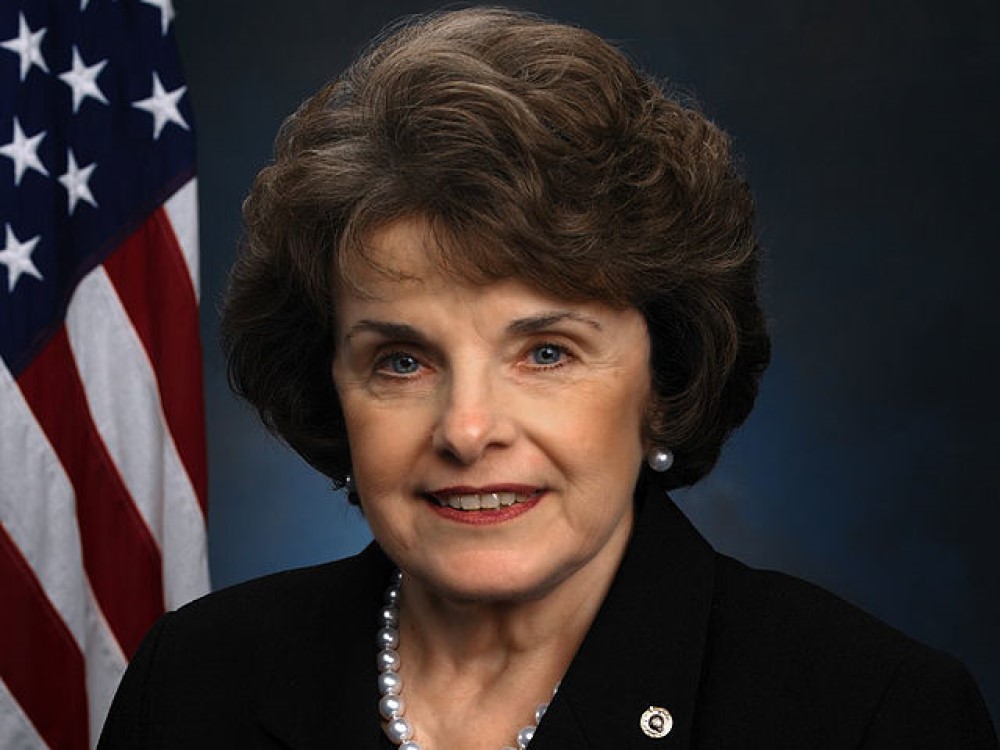
Over the weekend, California Jewish activists gathered to pay tribute to the late Senator Dianne Feinstein, remembering her as a shrewd and influential politician whose legacy extends far beyond her years of service. Feinstein, who passed away in Washington at the age of 90, leaves behind a remarkable record of achievements in reducing gun violence and domestic assault and as a trailblazing figure who inspired a generation of women to engage in politics.
Feinstein's political journey began in 1969, when she was elected to the San Francisco Board of Supervisors. However, it was the tragic events of 1978—the assassinations of Mayor George Moscone and Supervisor Harvey Milk—that thrust her into the spotlight. Feinstein, who discovered Milk's body, subsequently became San Francisco's first female mayor. In 1992, she shattered more barriers, becoming both the first woman from California and the first Jewish woman to be elected to the Senate.
Her impact on the LGBTQ+ community during the AIDS crisis and her continuation of Harvey Milk's advocacy resonate profoundly. Bay Area Jewish Community Relations Council CEO Tyler Gregory noted that Feinstein's contributions are revered nationwide within the LGBTQ+ community.
A steadfast supporter of Israel, Feinstein's stance evolved into a nuanced approach. While she championed conventional pro-Israel sentiments and supported AIPAC, she also held Israel accountable, notably for its use of cluster bombs in the 2006 conflict with Hezbollah. She introduced legislation to restrict American weaponry sales that led to civilian casualties.
Feinstein's commitment to combating gun violence spanned her tenure as both mayor and senator. Her landmark achievement was the 1994 Assault Weapons Ban, a critical step forward in addressing this pervasive issue. She further championed the reauthorization of the Violence Against Women Act in 1994 and again last year.
She was willing to challenge her own party's leaders throughout her political career. Over a decade ago, she staunchly advocated for the release of a comprehensive CIA report on post-9/11 torture and imprisonment, even overruling the CIA director to unveil its findings.
In her later years, concerns arose over her health and age. While she secured reelection in 2018, her decision not to resign earlier drew criticism. Nonetheless, her enduring presence in the Senate paved the way for increased female representation, with the number of female senators rising from two to six in 1992.
Anita Friedman, executive director of Jewish Family and Children's Services of San Francisco, emphasized that Feinstein's impact extended far beyond politics. Their enduring friendship was forged through shared experiences, including the creation of San Francisco's first Holocaust memorial and the inaugural Yom HaShoah in 1978.
Feinstein's legacy transcends partisan lines. She was a trailblazer, an advocate for change, and an inspiration to countless individuals, particularly women, who aspired to make a difference in the world of politics. Her contributions will be remembered and celebrated for generations to come.
